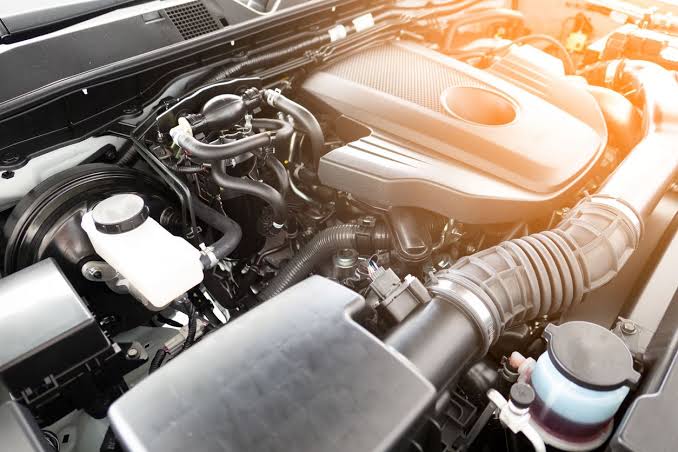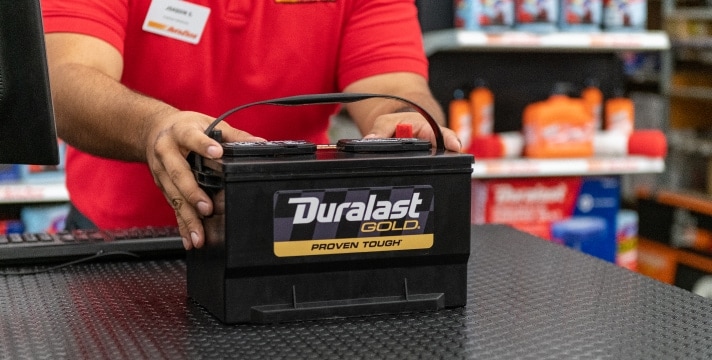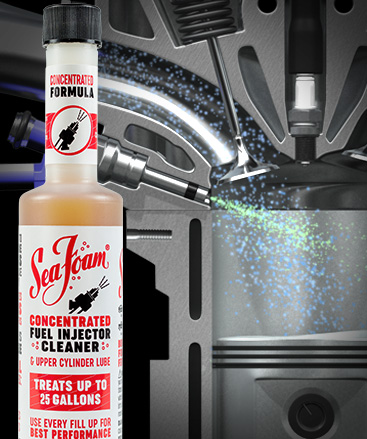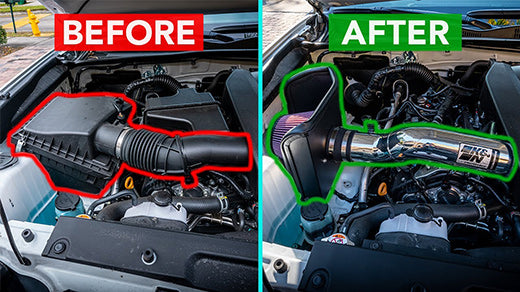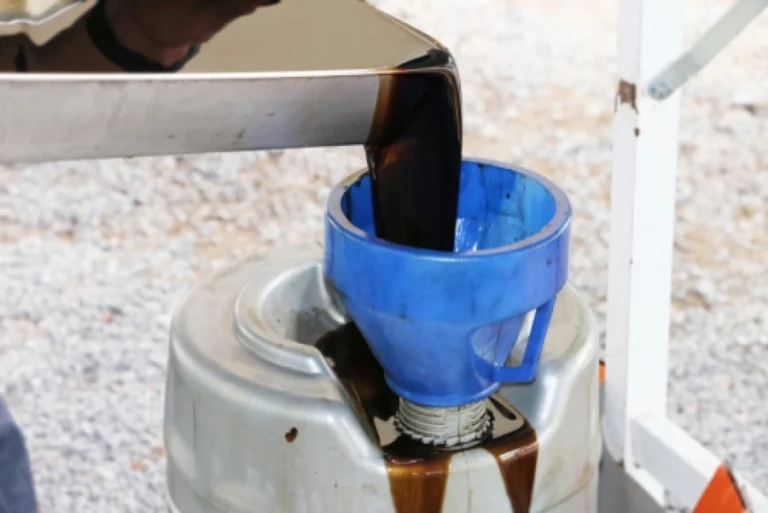Does a Dirty Cabin Filter Affect Performance?
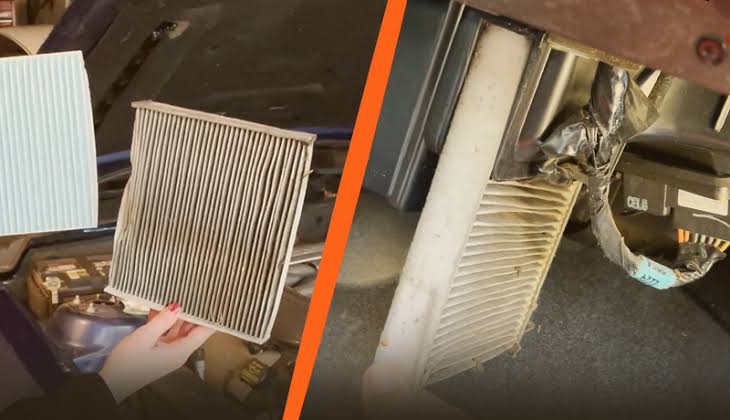
Your vehicle’s cabin filter plays a crucial role in maintaining air quality inside the car, but can it also affect the overall performance of your vehicle? In this blog, we’ll explore how a dirty cabin filter impacts your car, why regular maintenance is essential, and how to identify when it’s time for a replacement.
What Is a Cabin Filter?
A cabin air filter is designed to trap dust, pollen, debris, and other particles from entering the vehicle’s interior through the HVAC system. This ensures that the air circulating inside the cabin is clean and safe to breathe.
Does a Dirty Cabin Filter Affect Vehicle Performance?
Yes, a dirty cabin filter can indirectly affect vehicle performance in several ways. Although the cabin filter is primarily responsible for air quality, neglecting it can lead to problems that impact the car’s efficiency and comfort.
1. Reduces HVAC System Efficiency
When the cabin filter is clogged with dirt and debris, it restricts airflow through the HVAC system. This can result in:
- Reduced cooling or heating efficiency, making it harder to maintain a comfortable temperature in the cabin.
- Increased strain on the blower motor, which has to work harder to push air through the filter, potentially leading to premature failure.
2. Increases Fuel Consumption
A strained HVAC system can indirectly affect fuel efficiency. The harder the blower motor works, the more power it consumes, which can slightly increase the load on the engine in some vehicles.
3. Impacts Engine Airflow in Certain Vehicles
In rare cases, some vehicles have HVAC systems that interact with the engine’s overall airflow. A clogged cabin filter may cause a minor imbalance, impacting engine performance.
Signs of a Dirty Cabin Filter
Not sure if your cabin filter needs replacement? Look for these common signs:
1. Reduced Airflow
If the airflow from your vents feels weak even at the highest setting, a clogged cabin filter could be the cause.
2. Foul Odors
A dirty cabin filter can trap moisture and debris, leading to unpleasant smells inside the vehicle.
3. Increased Allergies
If you or your passengers experience more sneezing or allergies while driving, it could be due to a filter that’s no longer effectively trapping allergens.
4. Noisy Blower Motor
A struggling blower motor may make unusual noises due to the increased effort required to circulate air through a clogged filter.
How Often Should You Replace a Cabin Filter?
Most manufacturers recommend replacing the cabin filter every 12,000 to 15,000 miles or at least once a year. However, this interval can vary depending on:
- Driving conditions (dusty or polluted areas require more frequent replacements).
- Vehicle usage (frequent use of air conditioning or heating).
Always consult your vehicle’s owner’s manual for specific recommendations.
Can You Clean a Cabin Filter?
Some cabin filters are reusable and can be cleaned with compressed air or by washing (if specified by the manufacturer). However, most are disposable and should be replaced when dirty. Attempting to clean a non-reusable filter may reduce its effectiveness.
FAQs
1. Can a dirty cabin filter affect my car’s AC system?
Yes, a clogged cabin filter can reduce AC efficiency, cause uneven cooling, and put extra strain on the blower motor.
2. Can I drive without a cabin filter?
Technically, yes, but it’s not advisable. Driving without a cabin filter can allow debris, allergens, and pollutants into the car’s interior and may damage the HVAC system over time.
3. What happens if I don’t replace my cabin filter?
Neglecting your cabin filter can lead to poor air quality, reduced HVAC performance, and potential damage to the blower motor.
4. Can a cabin filter cause engine problems?
While unlikely, a severely clogged cabin filter in some vehicles may slightly impact engine airflow. However, most cabin filters are isolated from the engine’s performance.
Conclusion
A dirty cabin filter doesn’t just affect the air quality inside your car; it can also strain your HVAC system, reduce fuel efficiency, and lead to costly repairs if ignored. Regular maintenance and timely replacements ensure optimal performance and a comfortable driving experience.
Inspect your cabin filter during routine maintenance, and don’t hesitate to replace it when necessary. It’s a small investment that pays off in better air quality and a more efficient vehicle.
Also Check:
• Does Cabin Filter Affect AC?
